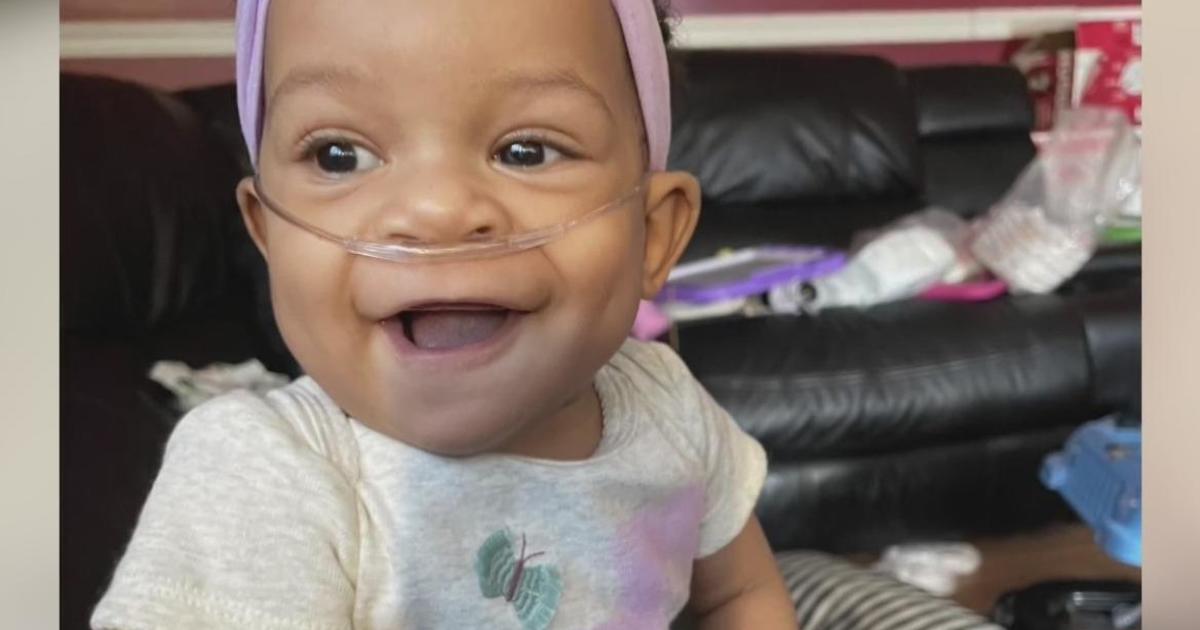UM Study Links African Ancestry To Aggressive Breast Cancer
A new study finds that African ancestry is linked to triple-negative breast cancer, a more aggressive type of cancer that has fewer treatment options.
Researchers at the University of Michigan Comprehensive Cancer Center found that, among women with breast cancer, 82 percent of African women were triple negative, 26 percent of African-Americans were and 16 percent of white Americans were.
Triple negative breast cancer is negative for three specific markers that are used to determine treatment: the estrogen receptor, the progesterone receptor and HER-2/neu.
"The most significant recent advances in breast cancer treatment have involved targeting these three receptors. But these treatments do not help women with triple-negative breast cancer. Outcome disparities are therefore likely to increase, because fewer African-American women are candidates for these newer treatments," says study author Lisa A. Newman, M.D., director of the Breast Care Center at the UM Comprehensive Cancer Center.
The study, published online in the journal Cancer, looked at 581 African American women and 1,008 white women diagnosed with breast cancer at the Henry Ford Health System in Detroit, plus 75 African women diagnosed at the Komfo Anokye Teaching Hospital in Ghana.
Researchers found that Ghanaian women were diagnosed at a younger age than American women, and with larger tumors and more advanced cancer. In addition, the Ghanaian women were more likely to test negative for each of the three markers.
Prior studies have shown that while African-American women are less likely than white women to develop breast cancer, those who are diagnosed are usually younger and are more likely to die from the disease. These characteristics, including the triple negative disease, are also more common among women with a known hereditary predisposition for breast cancer related to BRCA1 gene mutations. Other studies have also shown a hereditary breast cancer risk associated with racial-ethnic identity -- most commonly among Ashkenazi Jewish women.
"African ancestry might be associated with other links to hereditary predisposition for particular patterns of breast cancer. We hope that by studying breast cancer in African and African-American women we can identify biomarkers that might be useful for assessing risk or treating triple-negative breast cancer," says Newman, professor of surgery at the U-M Medical School.
More at www.mcancer.org, or for information on clinical trials at UM, www.umengage.org.
(c) 2010, WWJ Newsradio 950. All rights reserved.



